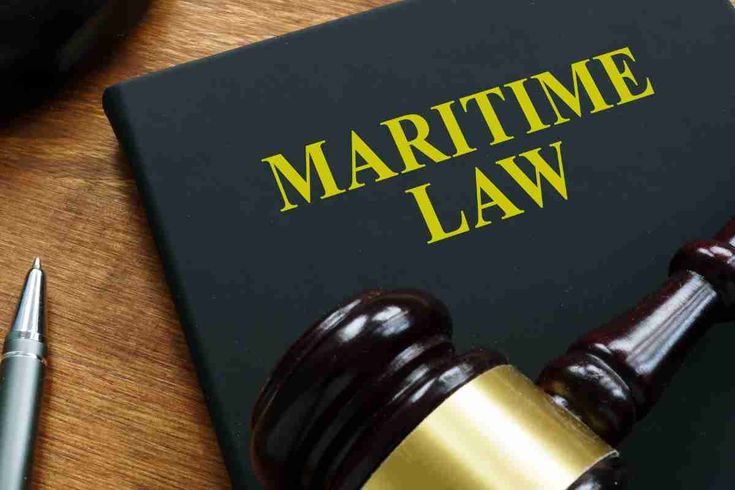Offshore Accident Lawyer In Louisiana
Offshore Accident Lawyer in Louisiana: Expert Legal Help for Gulf Workers Introduction: Why Offshore Workers in Louisiana Need Expert Legal Representation Offshore work in Louisiana’s Gulf of Mexico fuels the nation’s energy industry, but it comes with serious risks. Oil rig workers, seamen, contractors, and subcontractors face daily hazards like explosions, equipment failures, and harsh … Read more


